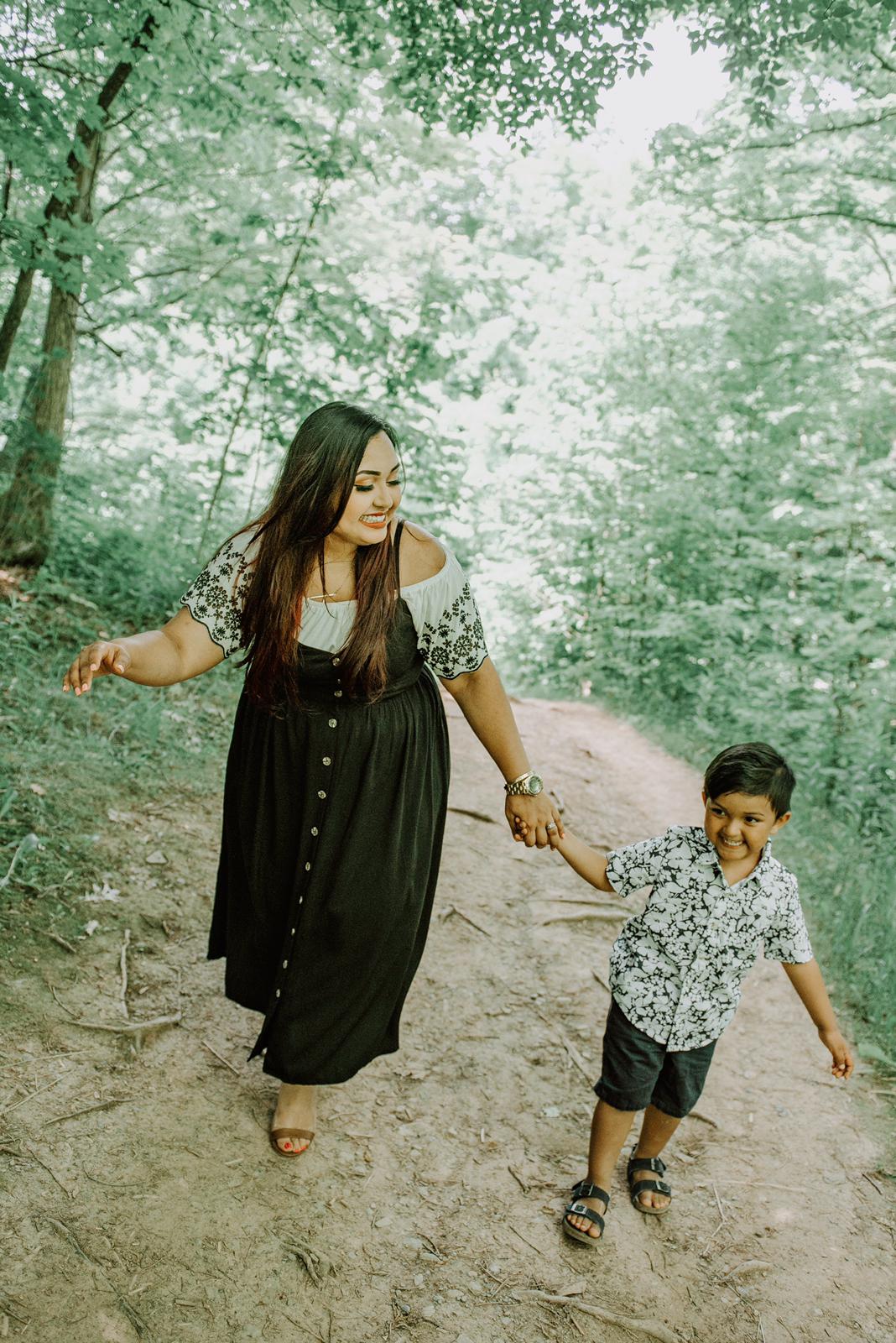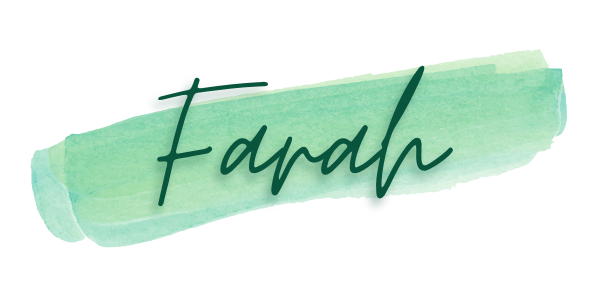It really does start early. Doesn’t it? I figured this would have been a concept I would need to bring up much later. But I guess I am a little late to the party.
My mom had gone to pick up Azu from school yesterday and he didn’t seem like his usual talkative self so she probed him about his day. When I got home, he came to me and said, “Today was not a good day.”
When I asked why, I wasn’t expecting what I heard next. You see, Azu is a friendly, happy kid who plays with everyone on his own accord. He never has a problem asking the other kids if they want to play with him. I would chalk that up to his genes. We both are super social and talkative parents. So you can see my bewilderment when he says to me that some kids on the playground – not in his class, put sand in his hair. I asked him, did he ask them to stop? When asked what he did about it, he said that he didn’t have a chance to tell the kids to stop because he has “turtle power” at school – his way of saying that he needs time to process things.
It. Broke. My. Heart.
He said he didn’t know their names and that he didn’t want to tattletale – WHAT? How does he even know that word?
The first thing I wanted to do was go and find those kids and give them a stern talking to. I wanted to get the parents involved and have a round table, and figure this shit out!
MY KID WAS SAD.
AND I WASN’T THERE WHEN IT HAPPENED.
HE NEEDED A HUG, AND I WASN’T THERE TO GIVE IT TO HIM!
All valid, and all wrong. I obviously dialed it back. Took a deep breath and gave him a big bear hug and a kiss on the forehead and got to talking… helping him process his emotions and how he should probably handle the situation when it happens again ( because let’s be real, this is just the beginning.

Some Tips to Handling Bullying in School – Kindergarten Edition
I did some reading last night, spoke to several primary school teacher friends, and had an overwhelming response from my FacetFam – of support, suggestions and love for my little guy. So I thought I would put it in a blog post to help me refer to it, if I ever need to.
Listen to your child
Listen with an open heart, don’t be reactive. They are looking to you to figure out how they should be reacting. If you are comforting and calm, they will most likely adopt that same behaviour pattern. Further, if you maintain that you are open to have honest conversations, from as early as kindergarten, I believe you are sowing the seeds for long-term open-ness in a relationship with your child.
Ask about their feelings
Ask questions like:
- What happened?
- How did that make you feel?
- Did you ask for help?
- How does asking for help make you feel?
- What did you do to stop what made you feel bad?
- Do you feel better about it?
- What can I do to help you with this?
Be there for them
Say things like:
- I’m so sorry this happened to you.
- You can tell me anything.
- Let’s figure out what to say to others if you don’t like something.
- It’s okay to not play a game if you don’t like it.
- It’s okay to ask a teacher for help.
- It’s not tattling if you need help.
Empower them with tools
Empowering your child is the single most effective thing you can do. In the long run, it’s best to show them that they are responsible for their happiness. Letting them make the decisions for themselves gives them autonomy. For example, Azu came home last week and let me know a kid – his friend, in class and him were playing and that kid put sand on his head. After asking him if he had said he doesn’t like it, he actually said he was fine with it, because they were having fun and he didn’t mind it. I let it go, opting to tell him to find less dirty, ways to play. I mean, it’s more laundry for me, but not worth bringing it up with the teacher. But when he tells me that he did not like it, then, it’s time to sit down and help him narrow the options that he feels comfortable with.
Partner with your child’s educator
After much consideration, I sent the teacher an email.
In the email I opted to keep my feelings in check. My first instinct was to ask, why there was not more supervision. I wanted to ask why this is happening multiple times, why other kids from other classes have access to my precious baby. But I stopped myself.
The educator is specialized in children’s education and are well skilled. Often having done this job longer than most have been parents. To assume that they were not doing their job and letting them know that, only puts them on the defensive. After all, who likes getting accusatory feedback?
- I opted to explain the incident, mentioning names and dialogue (whatever my son could tell me)
- I explained how it made him feel
- I explained the steps I am taking to empower him to be more confident in a group setting
- I asked if she had any strategies that I could try home
- I asked what she can commit to doing in the class, to help avoid that situation again
- I ended with a thank you and ensuring that I respect her jurisdiction (classroom) and I want to partner with her (in my home) to ensure that my son has a positive experience.
I hope that this post helps any mommas who are perplexed about dealing with bullying from a young age. Early detection of behaviours that can lead to bullying and/or being bullied is often the best way to empower our kids in helping them navigate negative social experiences.
DISCLAIMER: I am not a professional, nor do I have a degree that allows me to preach so, please note that this post is a reflection of what I will be employing to help my child. You know your child best, and if you suspect your child is being bullied or is in harm’s way, please contact your school and also a professional to help your child. We try our best as parents and sometimes the best we can do is to get them help.

